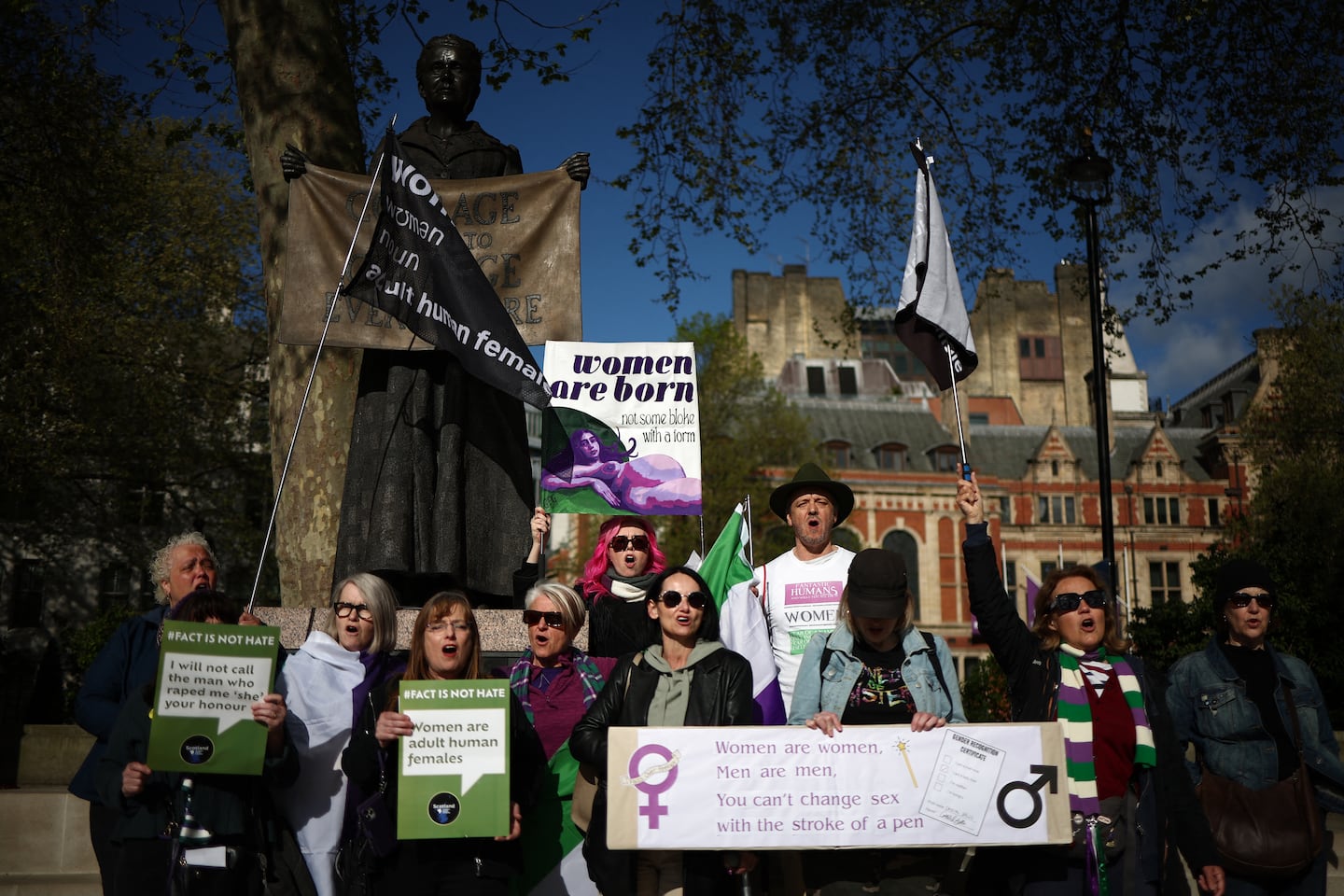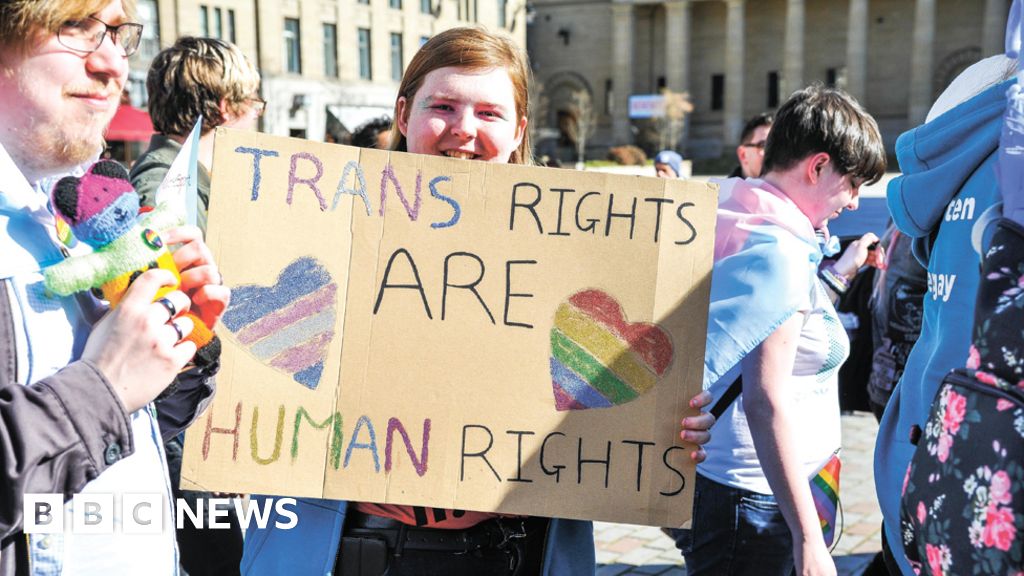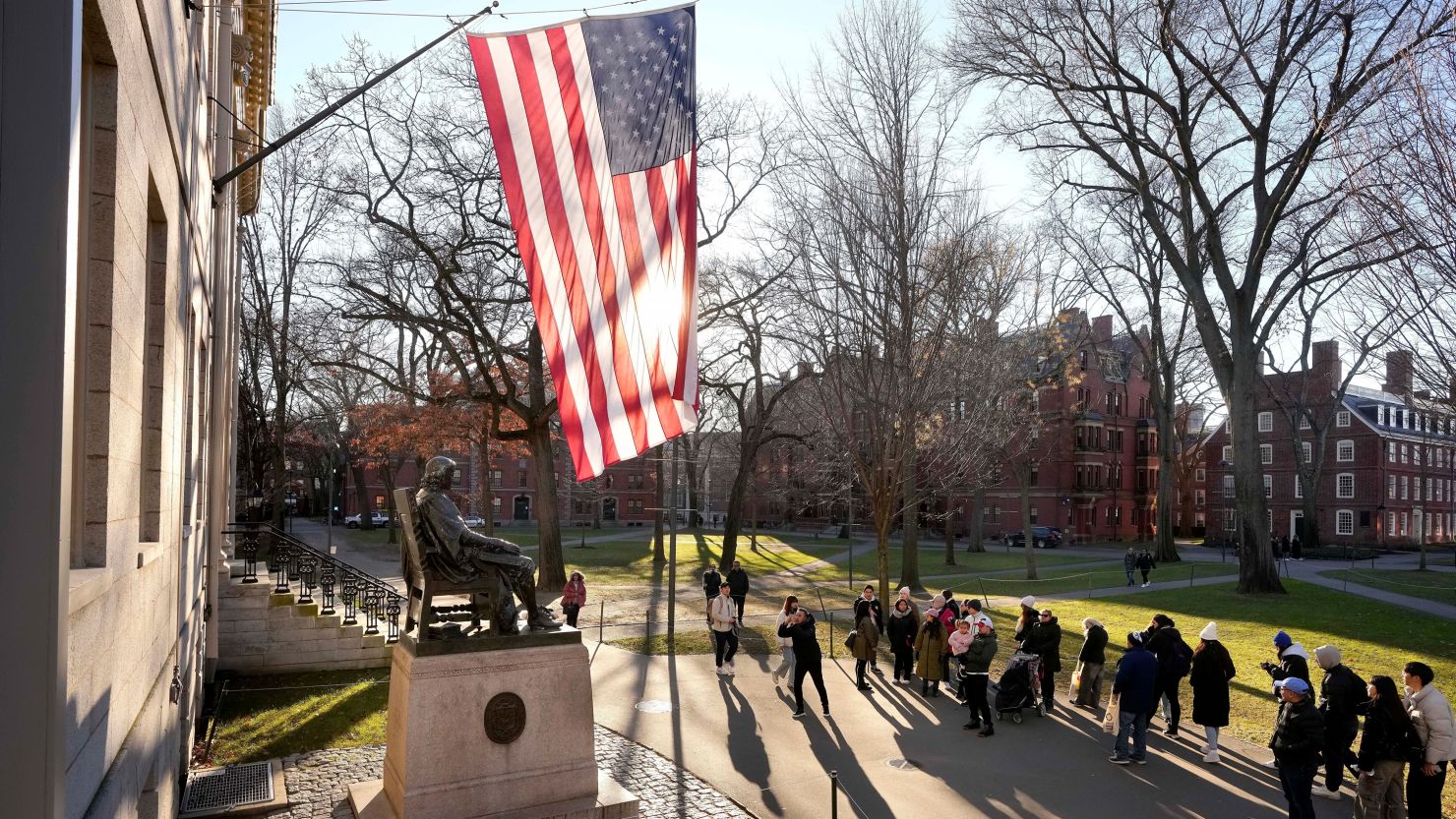Now Reading: UK Supreme Court’s Bombshell Ruling: Trans Women Not Legally ‘Women’
-
01
UK Supreme Court’s Bombshell Ruling: Trans Women Not Legally ‘Women’

UK Supreme Court’s Bombshell Ruling: Trans Women Not Legally ‘Women’
UK’s Highest Court Rules ‘Woman’ Means Biological Female Only
In a bombshell unanimous decision that’s sending shockwaves through both women’s rights and LGBTQ+ communities, the UK Supreme Court has ruled that the legal definition of ‘woman’ under the Equality Act 2010 refers exclusively to biological females. The landmark judgment effectively excludes transgender women from this classification in significant areas of British law.
The high-profile case, brought by campaign group For Women Scotland, directly challenged Scottish government guidance that had included trans women with Gender Recognition Certificates under the definition of women. Activists celebrated outside the court as the ruling came down, waving placards and cheering the decision many are calling historic.

What The Court Actually Said
Lord Patrick Hodge delivered the court’s crystal-clear verdict: “The terms ‘woman’ and ‘sex’ in the Equality Act 2010 refer to a biological woman and biological sex. Provisions related to sex discrimination can only be interpreted through that lens.”
The ruling emphasized that interpreting “sex” to mean “certificated sex” would create legal inconsistencies, particularly regarding pregnancy protections and maternity leave. Importantly, the court clarified that transgender women remain protected from discrimination under the Equality Act’s “gender reassignment” provisions.
This decision directly impacts how single-sex spaces—from changing rooms to women’s shelters and even political shortlists—can legally operate when it comes to inclusion policies. The ramifications are already being felt across UK institutions as they scramble to understand compliance requirements.

Celebration From Women’s Rights Campaigners
For Susan Smith and Marion Calder of For Women Scotland, this represents a massive victory after years of campaigning. The group has consistently argued that including trans women in female-only spaces could potentially erode protections for biological women.
Campaign group Sex Matters didn’t mince words in their response: “The court has given the right answer. The protected characteristic of sex—male and female—refers to reality, not paperwork.” The LGB Alliance similarly described the ruling as a “watershed moment for women’s rights.”
Former Scottish National Party MP Joanna Cherry, who has faced considerable criticism for her gender-critical views, called the verdict “hugely vindicating” and urged lawmakers to ensure all regulations comply with this interpretation.
The Government’s Response
The UK’s Labour government was quick to welcome the ruling, with a spokesperson stating: “This ruling brings clarity and confidence for women and service providers such as hospitals, refuges, and sports clubs. Single-sex spaces are protected in law and will continue to be protected by this government.”
Meanwhile, the Conservative opposition described the decision as “a clear victory for common sense” and is pressuring the government to revise all relevant guidance documents to reflect the judgment’s implications.

Deep Concern From Trans Rights Advocates
The response from LGBTQ+ organizations has been one of profound alarm. Leading charity Stonewall described the ruling as “deeply worrying for the trans community,” expressing fear it could accelerate marginalization of an already vulnerable group.
Scottish Trans, a prominent advocacy organization, urged caution among community members: “There will be a lot of commentary that may overstate the impact of this decision. We urge trans people to look out for themselves and one another today.”
These concerns come against a troubling backdrop—hate crimes based on gender identity surged by a staggering 112% in the UK during 2023. The brutal murder of 16-year-old trans girl Brianna Ghey by two schoolchildren last year remains a painful reminder of the real-world consequences of anti-trans sentiment.
A Global Battle Over Trans Rights
This ruling doesn’t exist in isolation. Internationally, transgender rights have become an increasingly contentious political battleground. In the United States, President Donald Trump recently signed an executive order prohibiting transgender girls and women from participating in school sports aligned with their gender identity.
The UK court’s decision will inevitably influence legal interpretations beyond British borders, potentially providing precedent for similar cases worldwide. Activists on both sides recognize that these legal definitions have profound real-world implications.

What Happens Next?
As the dust settles on this landmark ruling, organizations across the UK are reassessing their policies regarding trans inclusion. Government departments are expected to issue updated guidance on implementation, while legal experts anticipate further litigation as the boundaries of the decision are tested.
For transgender women in the UK, the immediate impact may vary depending on context—from access to certain services to potential changes in discrimination protections. Many questions remain about how broadly or narrowly the ruling will be applied in practice.
What’s certain is that this Supreme Court decision marks a pivotal moment in the evolving landscape of gender identity and sex-based rights—a conversation that continues to deeply divide public opinion while profoundly affecting real lives.











